Whose Community Which Interpretation
$25.00
In this volume, renowned philosopher Merold Westphal introduces current philosophical thinking related to interpreting the Bible. Recognizing that no theology is completely free of philosophical “contamination,” he engages and mines contemporary hermeneutical theory in service of the church. After providing a historical overview of contemporary theories of interpretation, Westphal addresses postmodern hermeneutical theory, arguing that the relativity embraced there is not the same as the relativism in which “anything goes.” Rather, Westphal encourages us to embrace the proliferation of interpretations based on different perspectives as a way to get at the richness of the biblical text.
About the series: The Church and Postmodern Culture series features high-profile theorists in continental philosophy and contemporary theology writing for a broad, nonspecialist audience interested in the impact of postmodern theory on the faith and practice of the church.
in stock within 3-5 days of online purchase
SKU (ISBN): 9780801031472
ISBN10: 0801031478
Merold Westphal
Binding: Trade Paper
Published: September 2009
Church And The Postmodern Culture
Publisher: Baker Academic
Print On Demand Product
Related products
-
Grief Recovery Handbook (Anniversary)
$17.99Newly updated and expanded to commemorate its 20th anniversary-this classic resource helps people complete the grieving process and move toward recovery and happiness
Incomplete recovery from grief can have a lifelong negative effect on the capacity for happiness. Drawing from their own histories as well as from others’, the authors illustrate how it is possible to recover from grief and regain energy and spontaneity. Based on a proven program, The Grief Recovery Handbook offers grievers the specific actions needed to move beyond loss.
New material in this edition includes:
How to choose which loss you should work on first
How to deal with growing up in an alcoholic or otherwise dysfunctional home
Loss of faith
Loss of career
Loss of health
And much, much more.Add to cart6 in stock (additional units can be purchased)
-
Great By Choice
$29.99The new question
Ten years after the worldwide bestseller Good to Great, Jim Collins returns with another groundbreaking work, this time to ask: Why do some companies thrive in uncertainty, even chaos, and others do not? Based on nine years of research, buttressed by rigorous analysis and infused with engaging stories, Collins and his colleague, Morten Hansen, enumerate the principles for building a truly great enterprise in unpredictable, tumultuous, and fast-moving times.The new study
Great by Choice distinguishes itself from Collins’s prior work by its focus not just on performance, but also on the type of unstable environments faced by leaders today.With a team of more than twenty researchers, Collins and Hansen studied companies that rose to greatness-beating their industry indexes by a minimum of ten times over fifteen years-in environments characterized by big forces and rapid shifts that leaders could not predict or control. The research team then contrasted these “10X companies” to a carefully selected set of comparison companies that failed to achieve greatness in similarly extreme environments.
The new findings
The study results were full of provocative surprises. Such as:The best leaders were not more risk taking, more visionary, and more creative than the comparisons; they were more disciplined, more empirical, and more paranoid.
Innovation by itself turns out not to be the trump card in a chaotic and uncertain world; more important is the ability to scale innovation, to blend creativity with discipline.
Following the belief that leading in a “fast world” always requires “fast decisions” and “fast action” is a good way to get killed.
The great companies changed less in reaction to a radically changing world than the comparison companies.
The authors challenge conventional wisdom with thought-provoking, sticky, and supremely practical concepts. They include: 10Xers; the 20 Mile March; Fire Bullets, Then Cannonballs; Leading above the Death Line; Zoom Out, Then Zoom In; and the SMaC Recipe.Finally, in the last chapter, Collins and Hansen present their most provocative and original analysis: defining, quantifying, and studying the role of luck. The great companies and the leaders who built them were not luckier than the comparisons, but they did get a higher Return on Luck.
This book is classic Collins: contrarian, data-driven, and uplifting. He and Hansen show convincingly that, even in a chaotic and uncer
Add to cart1 in stock
-
Light Within Me
$27.99The celebrated Fox News star and #1 New York Times bestselling author offers a powerful, uplifting look at her life and her spiritual journey, reflecting on her family, her faith, and her successful career.
In her bestselling children’s book Take Heart, My Child, Ainsley Earhardt drew on her childhood and the inspirational notes her father wrote her before school each morning. In this moving memoir, she reminisces about growing up with a father who loved his children unconditionally–a cherished model of parenthood she has adopted with her own daughter–how her Christian faith has shaped her life, and the dynamic journalism career that has made her a trusted household name.
From her insightful political coverage, including a sit-down with Melania Trump, to her powerful reporting covering some of the most headline-making national events, to her live coverage, including Pope Francis’ visit to New York, Ainsley considers her career and the factors that have propelled her to the top of her field, becoming a cohost of Fox & Friends and contributor to Hannity. Ainsley credits her success to the values she learned from her parents, and to the enduring Christian faith that has been her ballast through thick and thin, in good times and in periods of great difficulty.
Filled with inspirational quotes taken from Scripture and illustrated with sixteen pages of never-before-seen photos, her memoir is infused with her spiritual beliefs and will touch the hearts of all her fans, reminding them to count the blessings God has given them every day of their lives.
Add to cart2 in stock
-
Bargain For Frances Level 2
$3.99Frances and Thelma are friends — most of the time
Thelma always seems to get Frances into trouble. When she tricks Frances into buying her tea set, it’s the last straw. Can Frances show her that it’s better to lose a bargain than lose a friend?
Add to cart2 in stock

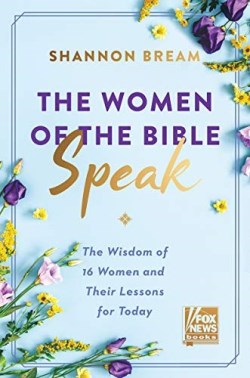 Women Of The Bible Speak
Women Of The Bible Speak
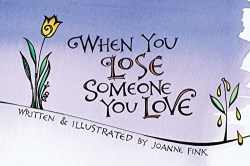
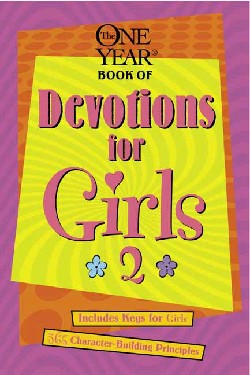

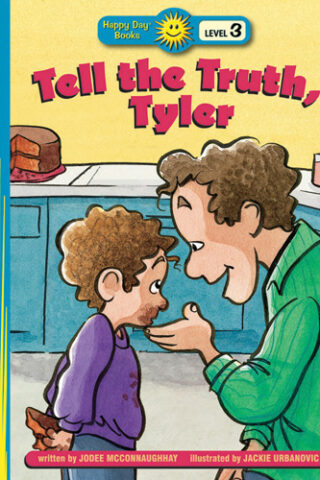


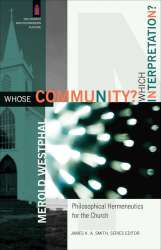
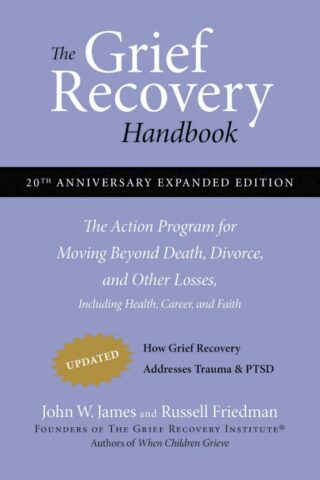
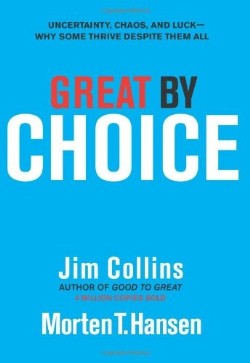


Reviews
There are no reviews yet.